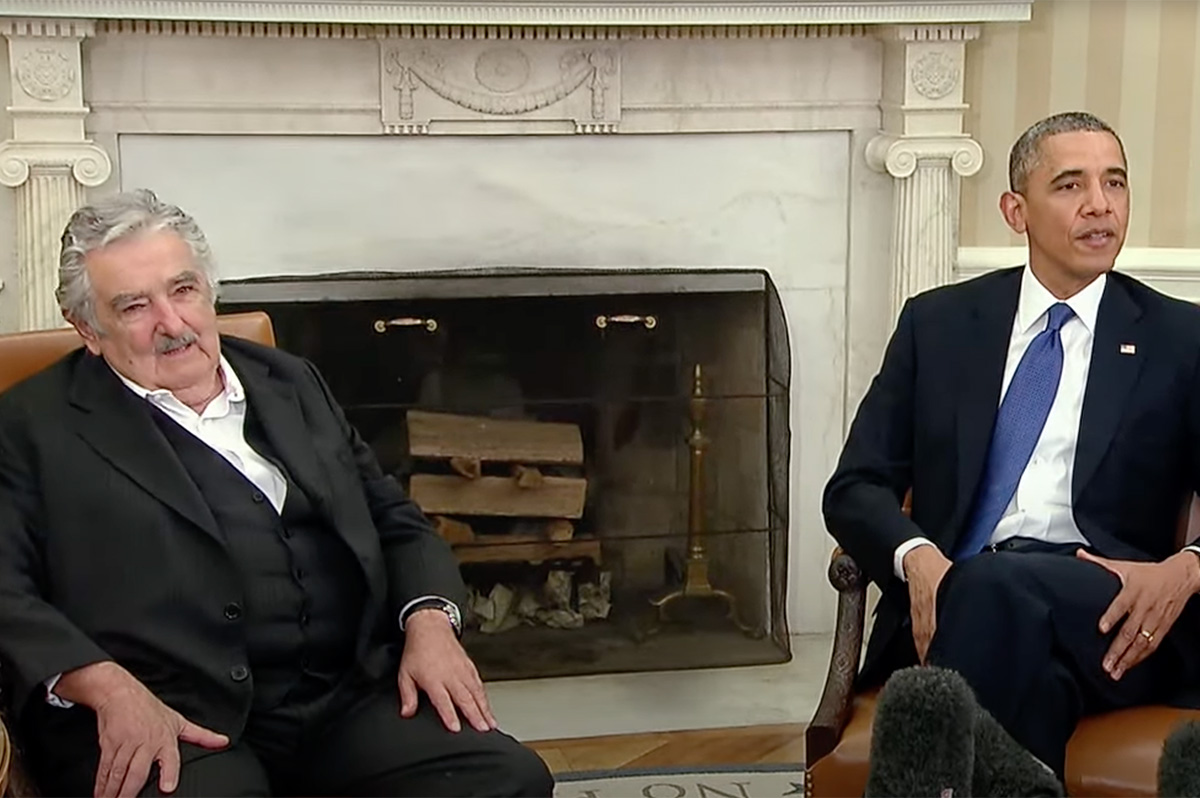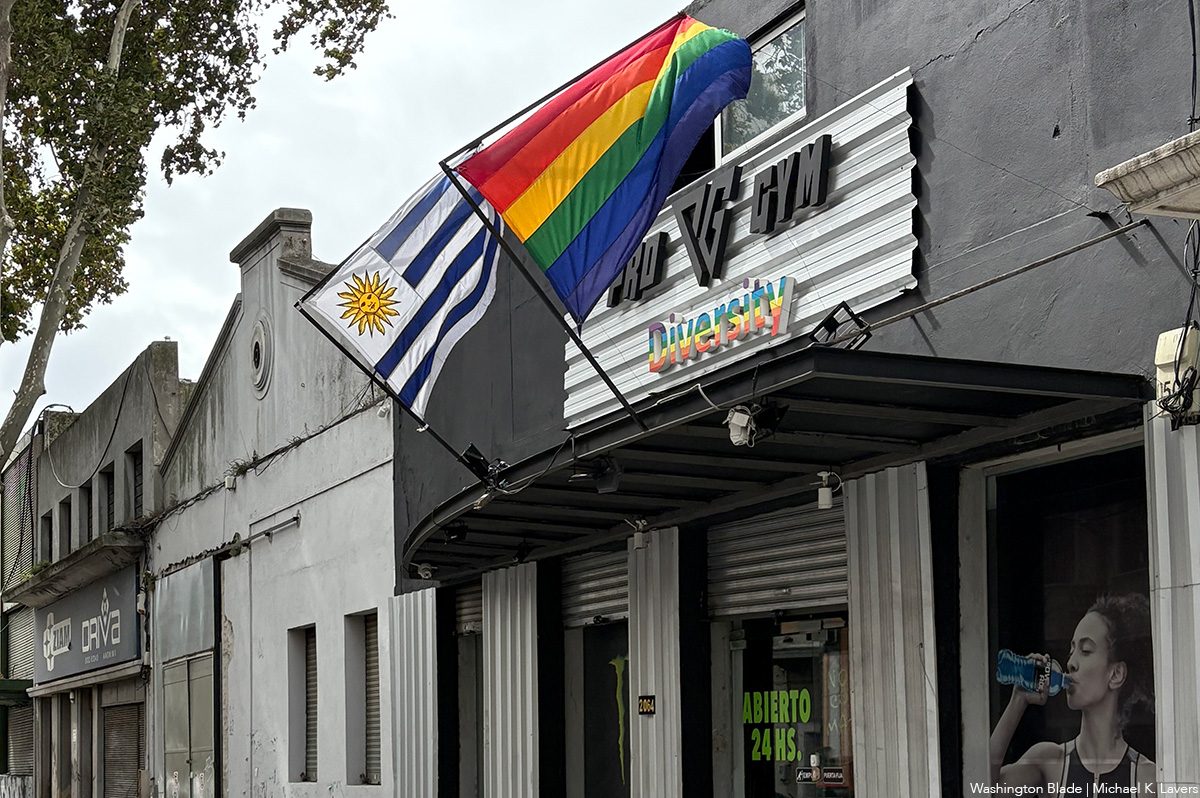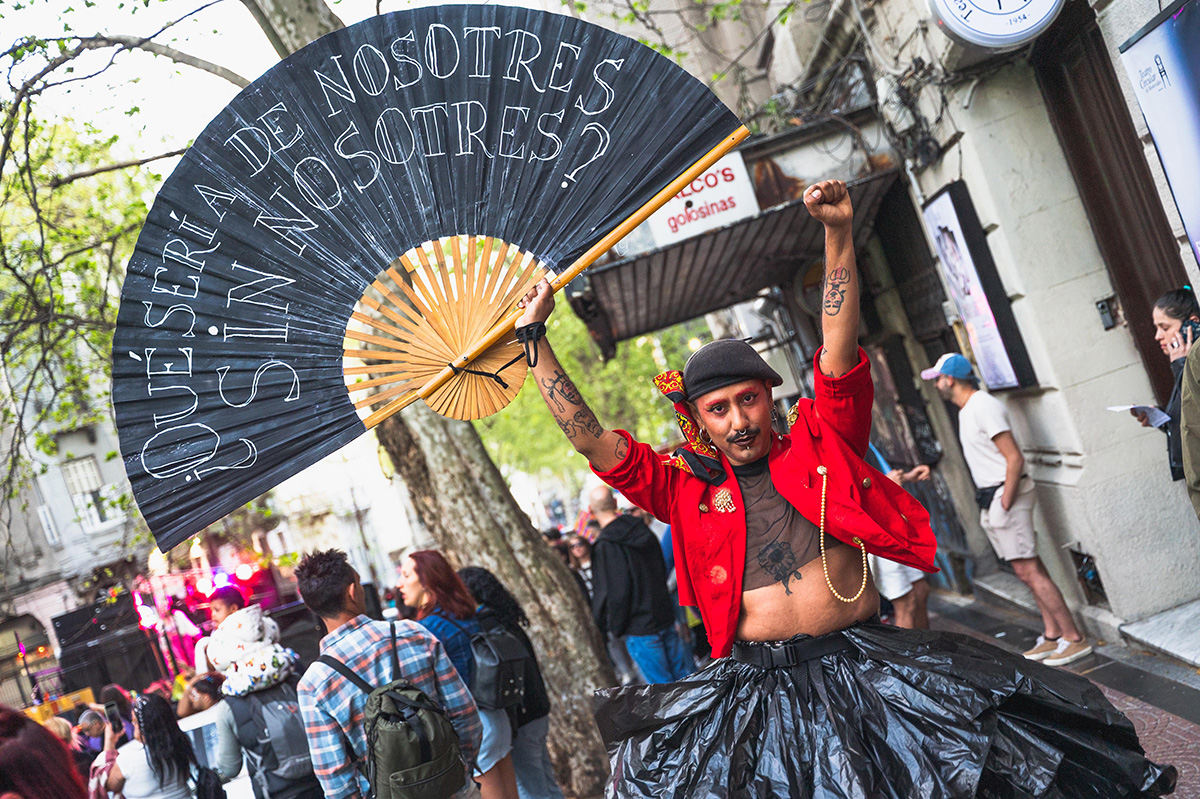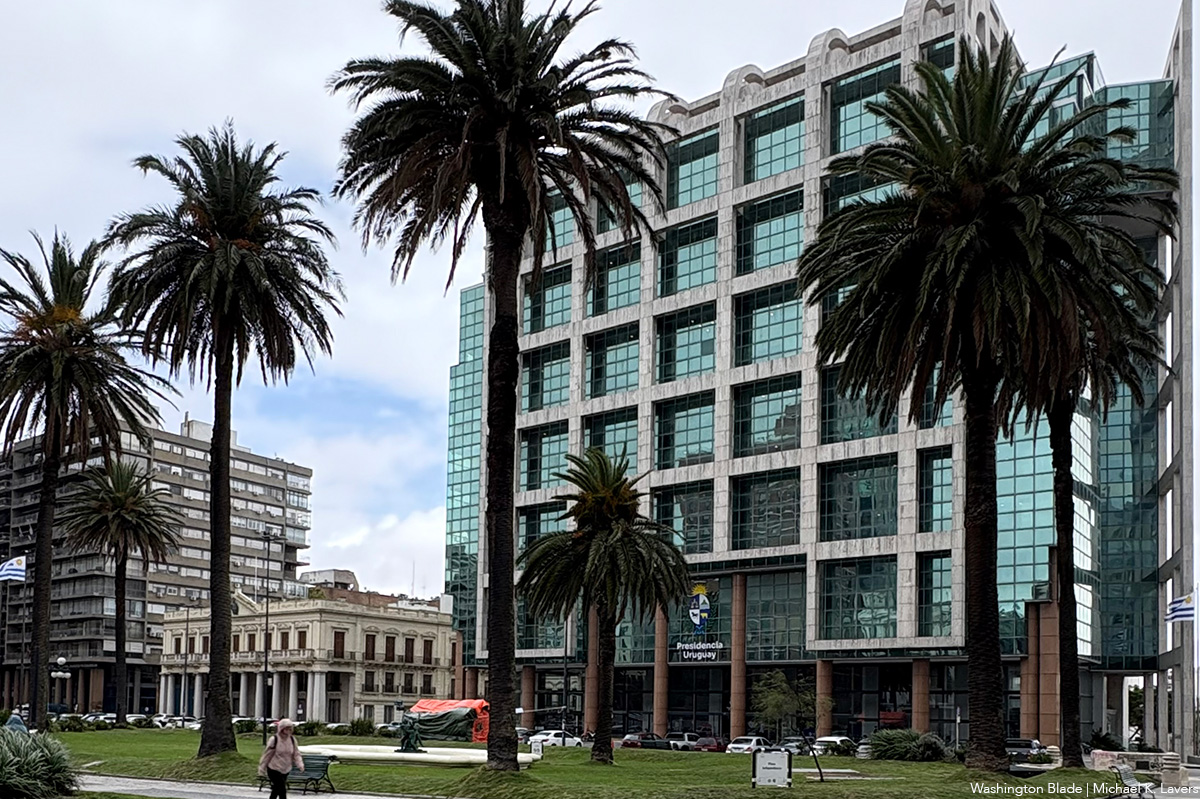Uruguay
Former Uruguayan president José Mujica dies at 89
One-time guerrilla fighter signed marriage equality law in 2012

Former Uruguayan President José “Pepe” Mujica died on Tuesday. He was 89.
Mujica, a farmer, was a member of Tupamaros National Liberation Movement, a leftist guerrilla group that carried out bank robberies and bombings and kidnapped politicians and businessmen in the South American country during the 1960s and 1970s.
Mujica spent nearly 15 years in prison. The right-wing military dictatorship that governed Uruguay from 1973-1985 tortured him and held him in solitary confinement for a decade.
Mujica in 1989 joined the Movement of Popular Participation, a party that is part of the Broad Front, a leftist political coalition. Mujica was Uruguay’s president from 2010-2015.
Laws that extended marriage rights to same-sex couples and legalized abortion took effect in 2013 and 2012 respectively. Mujica in 2013 also signed a law that legalized recreational marijuana in Uruguay.

Mujica earlier this year announced he would not undergo further treatment for esophagus cancer that had spread to his liver. The AP notes he died in his small house outside of Montevideo, the Uruguayan capital.
“With profound pain we announced that our friend Pepe Mujica has died,” said Uruguayan President Yamandú Orsi, who currently leads the Broad Front, on X. “President, activist, guide, and leader. We are going to miss you very much, dear old man. Thank you for everything that you gave us and for your profound love for your people.”
Esteban Paulón, a gay congressman in neighboring Argentina, celebrated Mujica as a “guide” for “Latin American progressivism.”
“He made humility, honesty and austerity his hallmarks,” said Paulón on social media.

Uruguay
Uruguay Diversity March puts new, left-wing government to the test
President Yamandú Orsi urged to deliver on promises to community

Under the slogan “If there are rights, let it be known,” thousands of people marched through downtown Montevideo on Sept. 26 in the 2025 Diversity March, one of the largest LGBTQ rights demonstrations in Latin America.
The mobilization took place against a political context marked by the recent return of a leftist government, led by President Yamandú Orsi, who has declared himself an ally of the community after a period in which organizations denounced setbacks.
The march, which started at Plaza Libertad and ended at Plaza 1er de Mayo, combined celebration, color, and festivity with concrete demands to move from discourse to the effective fulfillment of rights.
Nicolás Oreiro, the spokesperson for Colectivo Ovejas Negras, an Uruguayan LGBTQ rights group and the coordinator of the Diversity March, told the Washington Blade that “we are marching for the fulfillment of the quota of public sector jobs for the trans, Afro, and disabled populations; so that public and private health institutions comply with the Comprehensive Trans Law; and so that the Uruguay Social Card for trans people is a real help for one of the most vulnerable populations.”
“We demand that the state comply with what the law says,” said Oreiro.
Oreiro praised the Orsi’s government for opening up spaces for dialogue “that were effectively denied to us” under former President Luis Lacalle Pou’s administration. Oreiro, however, was clear in warning that “there is no guarantee” if Orsi’s overtures do not translate into solid public policies.
Oreiro also noted that although Uruguay has a progressive legal framework, the lack of financial support and political will has slowed the implementation of key statutes that include the Comprehensive Law for Transgender People.
“It’s 2025 and we’re still fighting for our lives,” said Oreiro. “The state must be the guarantor of our rights and play an active role in building a diverse, free, and inclusive society.”
Human Rights Secretary Collette Spinetti acknowledged to the Blade the need to rebuild trust with communities.
When asked about the steps taken in the first few months of Orsi’s government, Spinetti said that “with the aim of regaining the trust of LGBTIQ+ communities, actions are being promoted that focus on listening, dialogue, closeness, and territoriality. For example, the ‘En Cada Territorio, Más Derechos’ (‘More Rights in Every Territory’) program organizes meetings with communities, organizations, institutions, and local authorities to learn firsthand about the realities and needs of each territory.”
Spinetti also highlighted the “Territorios Diversos en Diálogo” or “Diverse Territories in Dialogue” initiative that brings together civil society, academia, international organizations, and local governments to discuss pending challenges and share best practices at the global level.
Regarding urgent steps, Spinetti stressed that “ensuring that the rights of LGBTIQ+ people translate into concrete changes in their daily lives requires a comprehensive approach.”
“It is a priority to move forward with regulatory review, remove obstacles to the full exercise of rights, and develop awareness campaigns,” she said. “Education is key to combating hate speech and incorporating equality content throughout the education system.”
Spinetti also assured the government seeks to make sexual and gender diversity a theme in all public policies, relying on intersectionality and the training of officials.
Regarding the legacy that this administration hopes to leave, Spinetti was emphatic in pointing out that “unlike previous administrations, we are seeking a comprehensive approach that transforms people’s daily reality.”
“We want to consolidate a genuine commitment to equality, inclusion, and respect for human rights, with a territorial presence and constant dialogue,” she said.

The march’s final proclamation also included an international demand: condemnation of the genocide that organizers say Israel has committed in the Gaza Strip, highlighting how the struggles for diversity are intertwined with global demands for social justice.
Participants say the new government that declares itself an ally for LGBTQ rights opens a window of opportunity. The main challenge, however, remains the same: how do laws and speeches translate into tangible changes in the daily lives of those who still face exclusion, violence, and discrimination.
The Diversity March sent a clear message: formal equality exists in Uruguay, but the LGBTQ movement is not willing to settle for promises. The new administration will be evaluated on its ability to transform those norms into lived realities.
-

 Baltimore4 days ago
Baltimore4 days ago‘Heated Rivalry’ fandom exposes LGBTQ divide in Baltimore
-

 Real Estate4 days ago
Real Estate4 days agoHome is where the heart is
-

 District of Columbia4 days ago
District of Columbia4 days agoDeon Jones speaks about D.C. Department of Corrections bias lawsuit settlement
-

 European Union4 days ago
European Union4 days agoEuropean Parliament resolution backs ‘full recognition of trans women as women’



















